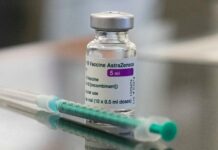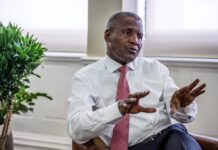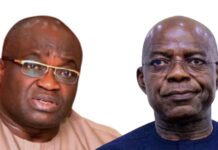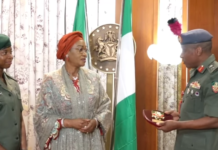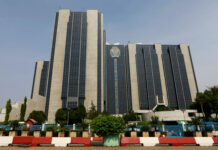Doctors in the FCT say government engaged in dialogue with the Joint Health Sector Unions (JOHESU) could precipitate another crisis in the health sector by “bowing and acceding to pressure” from the unions.
It comes as the ongoing strike that’s left hospitals empty of health workers apart from doctors exceeds one month.
The Nigerian Medical Association in the FCT says the JOHESU strike “must not be carried to the extreme with the delusion that the system can always be brought to its knees for unreasonable, baseless and reckless demands to be acceded to.”
Chairman of the association in Abuja, Chiedozie Achonwa, told a press conference on Tuesday that the ongoing JOHESU strike is “essentially against medical doctors in particular.”
“The unnecessary strike is centred on quest for equal pay with medical doctors as well as leadership contestation in our hospitals,” he said.
“It must be emphasized that what JOHESU is asking for is not necessarily increment in salary per se, but equal pay as doctors. They want government to pay them exactly the same amount as paid to doctors.”
NMA is concerned that government acceding to JOHESU’s push for an adjusted relativity in pay would make the salary of other health workers equal to that of doctors, despite having different roles.
It could also distort hierarchy in health care which dictates that a doctor issue every treatment or instruction in standard patient care, the association warned.
“The unwarranted leadership contest in the health sector by JOHESU in recent years has led to several untold hardships on our patients with attendant avoidable loss of lives in some of our public health institutions,” said Achonwa.
Existing relativity in salaries of health workers in hospitals and their counterparts in other government agencies means engineers, accountants and administrators under JOHESU in hospitals earn up to three times what their counterparts outside hospitals get.
“Whether this is deserved is not the question, but is it not contradictory, deceitful and ironical that the same healthcare workers who on one hand accepted an advantaged salary over their counterparts outside the health sector on same levels and steps will turn around to reject salary difference with the doctor who does a superior and different job from them?” said Achonwa.
Since pre-Independence, several historical changes to salary scale have skewed pay relativity among health workers.
By 1974, the relativity between pay for doctors and other health workers was 1:1.58 at entry point and 1:1.65 at terminal point.
Several adjustments up until a 2014 collective bargain agreement between government and doctors has brought the ratio down.
NMA insisted it will not “accept any attempt to further distort of erode the existing relatively as agreed and signed” in 2014.
“We urge the allied health professionals to be reasonable in their demands, suspend their strike, return back to work to join the doctors to continue the good work for the benefit of the masses,” Achonwa said.
